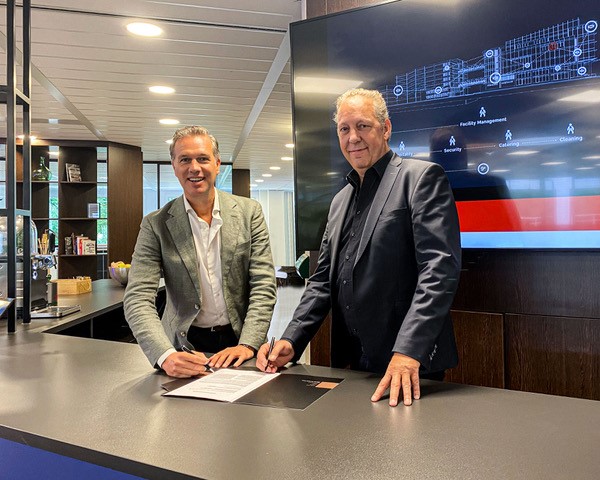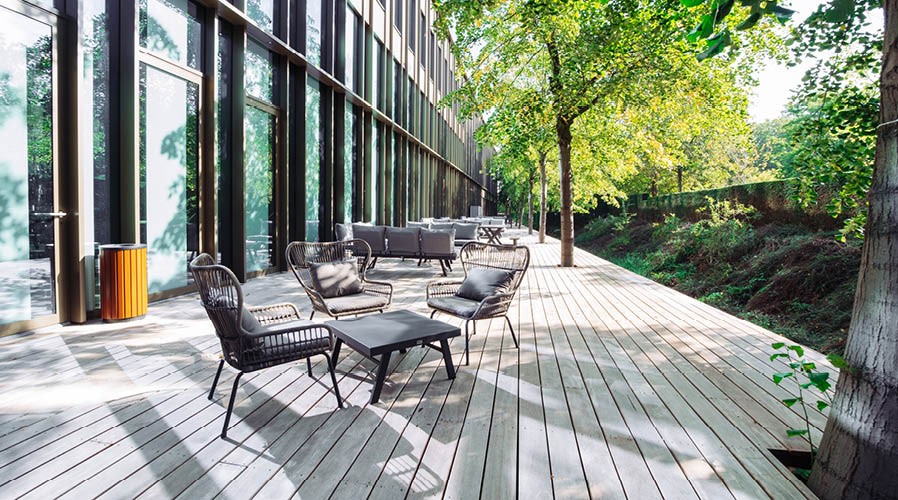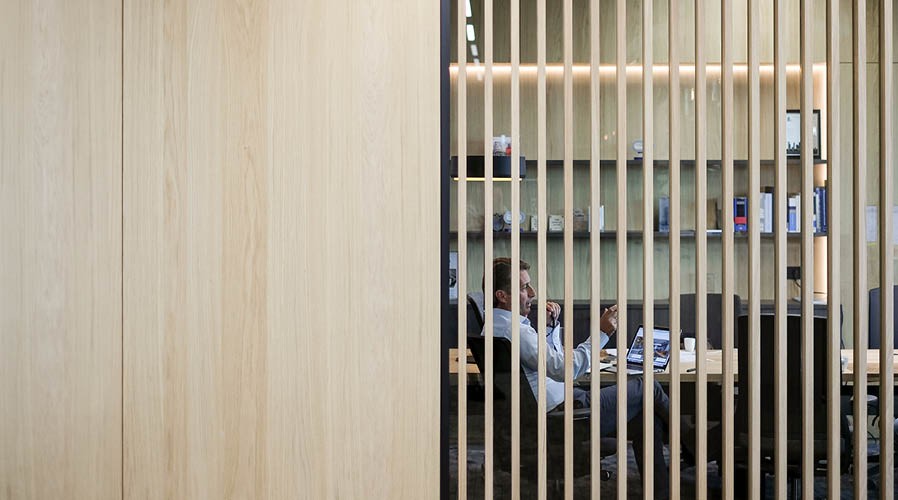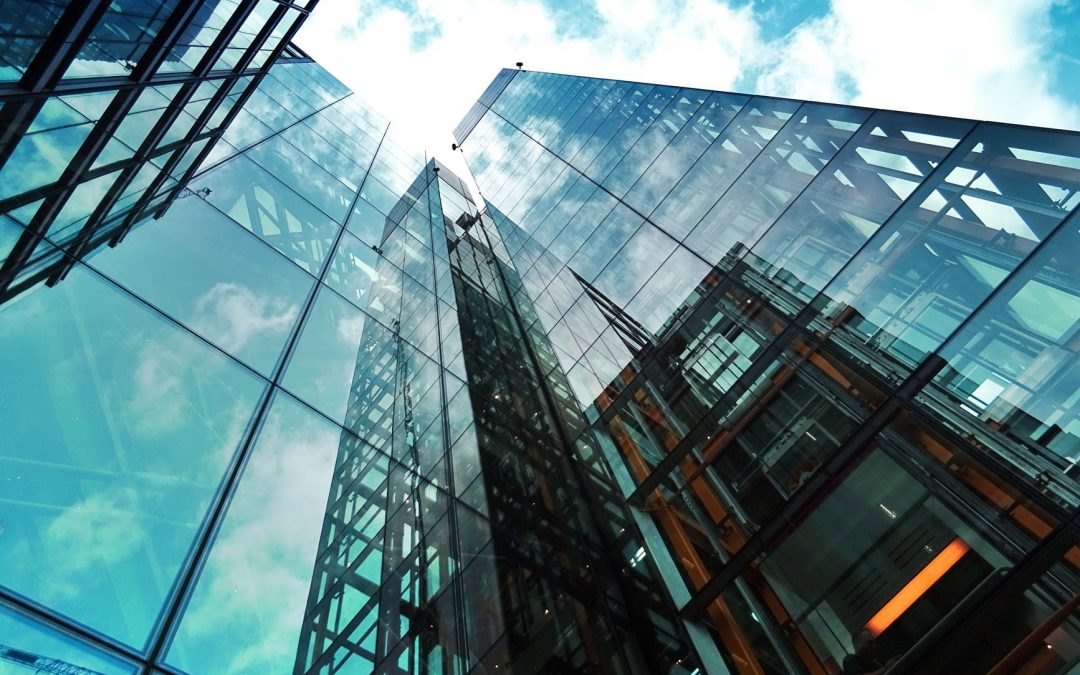Amsterdam, 19 January 2022 – TPEX International
Source: vastgoedmarkt | Author: Peter Hanff
The industry should be able to control the pressures of having to meet certification standards. Here’s how.
The bulk of laws and regulations in the field of sustainability is growing spectacularly. So how can a real estate company keep itself from drowning in all the new legislation that is out there?
Sustainability requirements are sending shock waves through the world of real estate. Parties that believe to have the situation under control with standards such as NZEB (nearly zero-energy buildings) and the mandatory energy labels for offices and residential buildings will be deceived. So much becomes clear from a quick survey of all the amended regulations in this field.
The bar is set higher
The real estate industry had already become used to the objective to reduce the CO2 footprint. With the aim to achieve net zero CO2 emissions the bar has been set higher, as this is the objective set by the World Green Building Council with its Net Zero Carbon Buildings Commitment. In operating existing buildings, constructing new developments and in large renovations, emissions must be reduced to zero or else compensations must be made.
The increased use of WELL certificates already shows that there is a genuine interest in the well-being of the user of a building. However the corona crisis shed a new light on an aspect that might jeopardize this well-being of users: a virus. It led to the introduction of the new WELL Health-Safety Rating by the WELL Building Institute. ‘An evidence-based assessment system, verified by third parties, that assists building owners, facilities managers and operators in implementing best practices to fight the spread of COVID-19, navigating through this crisis and what lies beyond.’
Asset managers must come clean
Performances in the area of ESG (Environmental, Social and Governance) can either or not be monitored, but the numbers of asset managers, institutional investors and other financial institutions that do so through the GRESB (Global Real Estate Sustainability Benchmark) are growing. Contrary to what its name suggests, this benchmark covers more than merely sustainability. Participants are measured according to the Paris Climate Agreement, the UN Principles for Responsible Investment (PRI) and the Global Reporting Initiative (GRI).
Asset managers will soon be forced to come clean. The EU Sustainable Finance Disclosure Regulation (SFDR) regulates that funds should have a comparable sustainability profile. This will enable (potential) customers to assess to what extent the asset manager considers its role in promoting sustainability as a serious matter. The envisaged date for implementation is 1 July 2022.
Several real estate funds are at risk
Asset managers should be advised to avoid having their funds coming under article 6 of the SFDR. This article refers to funds that integrate no form of sustainability of any kind in their investment process. Such funds may ‘encounter considerable marketing problems when compared to sustainable funds’, as cited on the website of asset management firm Robeco. It would be better for the investment product to come under article 8 (in compliance with environmentally-friendly requirements and improving social well-being) and article 9 (explicit sustainable investments).
There are several real estate funds at risk, with the SFDR expected to take effect. Such is the conclusion from an analysis by GRESB among one hundred property asset management firms active in Europe. At this time they seem somewhat hesitant to submit sustainability profiles of funds. The guideline has not taken effect as of yet and the categorization of the different activities is not clear on all points yet. However, the points that the asset manager was able to provide with a sustainability profile come under article 8 for 11 percent, under article 9 for 4 percent and under the problematic article 6 for 7 percent.
Sustainability rules are a handful
The above is a brief collection of statements about (self-)regulation in the field of sustainability. However there is more and more is yet to come. So how do you remain informed about all the different aspects? Robert Rosier, CEO of smart building operator TPEX International, knows that this is no sinecure. ‘Changing laws and regulations in the field of sustainability are among the greatest challenges real estate owners have to face.’
Rosier merely refers to the environmental (E) aspect in ESG here. ‘Sustainability is enforced through legislation, the promotion of social objectives and governance are now achieved through self-regulation. This is a milder method to coerce change.’ The real estate industry already has its hands full with the regulations pertaining to sustainability alone. All the more so, because there are so many other rules and regulations, for example pertaining to safety. Are the elevators and the alarm systems in order? What about fire safety? ‘Property and facilities managers of buildings are required to maintain an wide array of data regarding laws and regulations annually’, Rosier observes.
Crucial information scattered across the chain
‘Sometimes it’s hard to see the forest through the trees. Information has to be gathered from so many different sources. Some data must be retrieved from the installer, others from the property manager and from the asset manager. No matter what role you have in the real estate industry, every party in every layer will have to deal with it at one time or other. The continuous extension of the requirements and the data being scattered are the reason why laws and regulations about sustainability are such a drawn-out problem for building proprietors.’
Problem number 1 according to Rosier is the pending obligation to comply with at least energy label C for offices as of 1 January 2023. Within the industry it is speculated that things may not be as black as they seem. The government in itself is lagging behind with making its own offices sustainable. Strict enforcement would then mean that government buildings would also be required to shut down. Surely this is not going to be the case? It will, Rosier expects. ‘That obligatory label is a very serious form of regulation that you will have to comply with in due course. Failing to do so will cause you to lose your right to use the building. This will result in a loss of value of the asset.’
More sustainability regulations for climate systems alone
‘The pending obligations of a minimum label C for offices causes unrest that resonates throughout the real estate chain. The owner of a less sustainable building will inform an asset manager that the building has to be either sold or made sustainable within five years and ask the asset manager to come up with a plan. What will it cost?’
In choosing to make a building sustainable, there are other regulations that come into play. A climate system alone already has different and ever-changing European rules that apply to it. The Energy Efficiency Directive provides that it is required to indicate the sustainability initiatives every four years. Will you be installing insulation, put up a new central heating boiler? If you do not, you run the risk of a fine or even a revocation of your licence’, says Rosier.
Since March 2020, there is the Energy Performance of Buildings Directive III as well. This directive provides that buildings with a climate system and the consumption of a certain amount of kilowatt hours should have a different means of certification. This applies to all buildings. Property management must ensure that mechanics of installation companies can get to work with this. They will therefore be required to have a different certification.
Bits of key data are spread throughout the chain
The image is clear. In order to operate or use a building, the owner must comply with an increasing number of national and European legislation. In order to comply with this, the real estate proprietor strongly depends on the parties he once engaged for the operation of the building. Be it with the asset manager, the property manager or the installer, whether this is a current party or one from the past, the fact remains that there are bits and pieces of data in various locations and these data are important in order to comply with the regulations.
This is where the owner of the building is highly vulnerable. ‘You have to retrieve all that information with each sale, while the parties you work with, like the property manager and installer, change regularly. So the information management simply isn’t in order, which is a problem in the event of continuous mutations that occur for a building owner: the processes of buying and selling and buying again’, says Rosier.
Pool the information, or it will become impossible to oversee
The solution? ‘Create a digital twin, a digital copy of a building with all the relevant information’, Rosier suggests, ‘and ensure that information remains available for all parties involved with a building. Maintenance parties get their 3D drawings from here and they ensure there are revision drawings available after the renovation. Property managers and facilities managers should also upload information about inspections and certifications. Together with measuring the real performance of the building , the level of satisfaction of the tenant and the maintenance status of the building, this is the only truth that should apply during the operational stage.’
Still a long way away? ‘Yes and no’, according to Rosier. ‘The technology to realize this, is readily available. The challenge lies within getting all different stakeholders to work together. How can you get a maintenance party to share information that an asset manager may use to calculate the yield of the building? You need a director for this, one who is involved from the time of the design and construction of a building and who monitors the collection of data that will be required at later times during the operation. A party that also ensures all information, measurements and certifications of a building are in order.’
‘You then have the digital DNA of a building, which will result in dealing with regulations becoming more of a routine rather than a burden. We will not be able to escape these regulations changing and becoming more difficult to handle. Let us just make sure that we are prepared for this, so that it doesn’t catch us by surprise.’
For more information about this article or about other projects, please contact us by email at frank.vos@tpex.com or by telephone at +31 (0)881269309.
